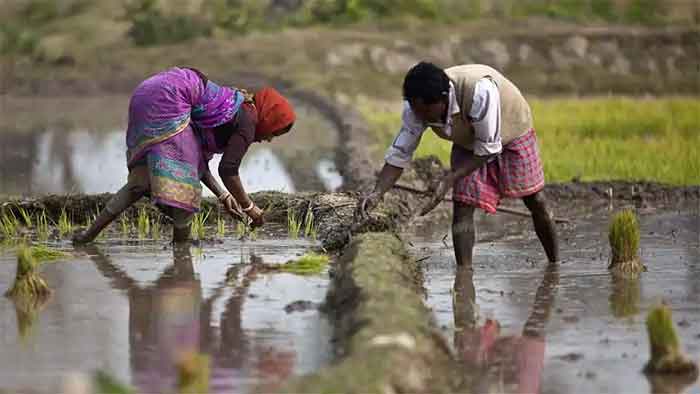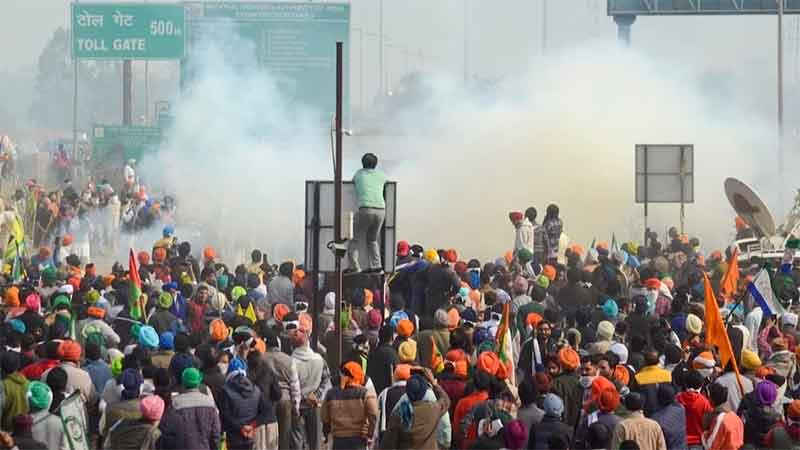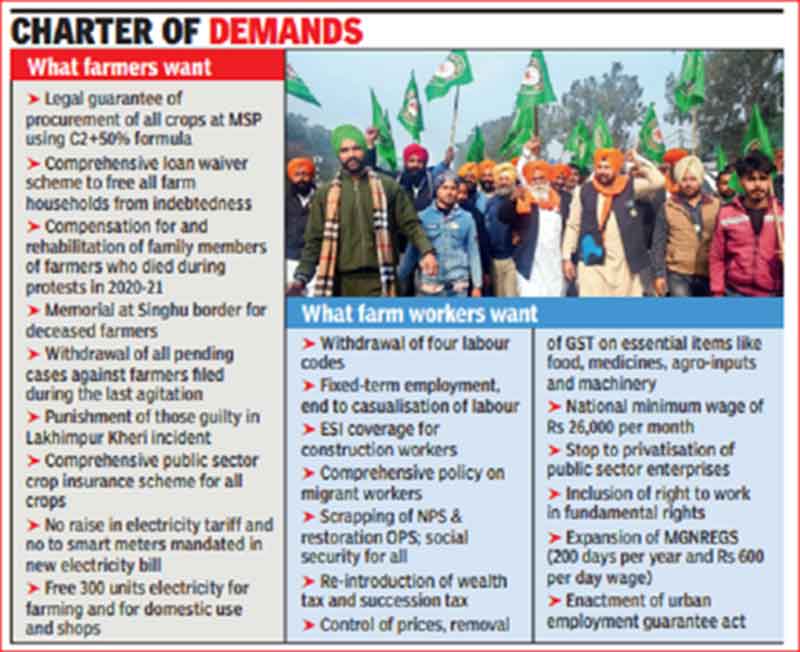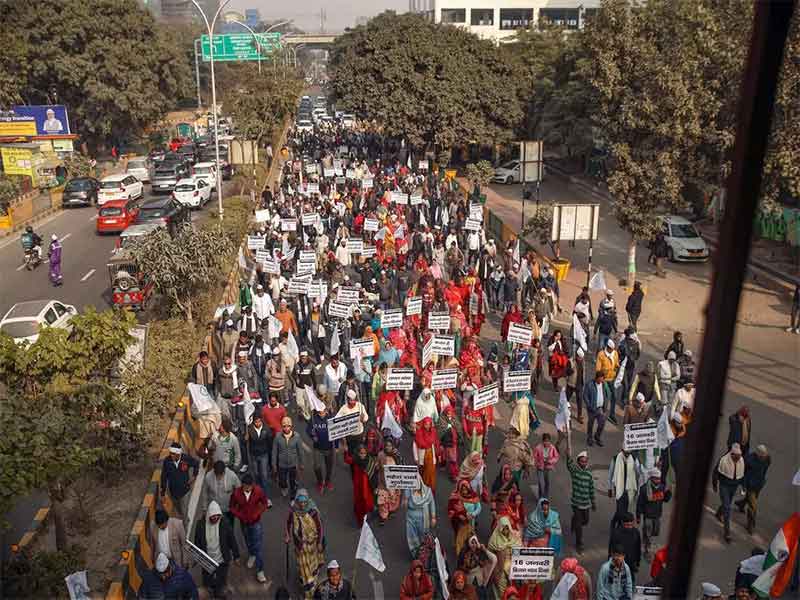
In many countries we see a similar worrying situation that most small and medium farmers are facing increasing problems and stress. For several of them this culminates in losing the land and independent livelihood of the family for this as well as perhaps the next generation as well. So the number of family farms and independent small farmers ( working on their own or in groups or cooperatives ) is declining. A very large number of rural families have become landless in recent times, in addition to those who were already landless. For some even the rural home is not secure.
On the other hand the methods of cultivation are moving towards depletion of basic soil and water resources, mass annihilation of pollinators and soil builders and other friendly insects and birds, reptiles and other forms of life, as well as excessive use of fossil fuels directly and indirectly. Safety, health and nutrition of staple foods is also very badly impacted by the same methods.
So farmers face a crisis and on the other hand, because of the farming methods and systems, the world is also threatened in terms of the worsening of climate change and assault on basic life-nurturing conditions by water and soil depletion and pollution.
But can this situation be reversed? In other words can certain policy changes at world and national levels ensure much more land and livelihood security for rural households, and on the other hand, can the rural households take up sustainable methods which will protect soil and water, contribute greatly to reducing climate change while at the same time ensuring production of adequate safe, nutritious wholesome food?
In fact in a nutshell, this is the real challenge that lies ahead of us—the world must act decisively to protect farmers and the farmers and rural people must make a great contribution to checking climate change, ensuring production of adequate healthy food on sustainable basis while protecting the base of soil, water and biodiversity. This can be done only by millions and millions of caring farmers cultivating small lots of land, not big business cultivating huge monocultures in highly mechanized ways and fossil fuel intensive ways.
Of course things will have to work in different ways according to the different situations of various countries and regions, but the basic pattern for this is clear. As far as possible all rural households must have access to some land—this can range between one to twenty acres depending on many different factors. This land can be used for earning personal non-tax income, while governments and special funds put in various protection provisions in terms of special help to overcome adverse weather or disaster situations, meeting infrastructure expenses such as for soil and water conservation works and safe storages, ensuring fair and just price for crops and other produce such as milk. The only condition for availing all these benefits would be to use land and water in sustainable and ecologically protective ways in a spirit of cooperation and for the welfare of all, taking good care of all forms of life as well.
Depending on land and soil conditions and society’s needs, the land can be used for producing various food crops and essential raw materials ( like cotton) using mixed farming and good rotations, or land can be used for pastures and animal husbandry, or for mixed tree orchards, or for mixed indigenous tree forests ( not plantations). More or less equal income would be assured , no matter what use is made. A single household, or a group, can together do all the activities in smaller plots of land. Similarly there can be groups for sustainable, small-scale, ecologically friendly food processing work providing more nutritious food and for sustainable crafts, or for growing the raw material needed by these crafts, with special concern for craft and artisan work which can meet important local needs.
In this way, over millions and millions of hectares of land, organic content of soil will increase and green cover will increase, absorbing greenhouse gases, while soil and water will be protected, and adequate safe and healthy food will be produced, and at the same time sustainable, creative, healthy, secure livelihoods will be ensured to a very large number of people, reducing or even eliminating poverty from rural areas, decreasing pressure on urban areas.
Of course there are too many hurdles and powerful business interests hindering such efforts. But the first important step is to have clarity on what we need, our direction of progress. This should be along these lines—the world should take adequate steps to protect small farmers in such ways that farmers in turn have the capacity and the conducive, encouraging conditions for saving the life-nurturing conditions of earth.
Bharat Dogra is a journalist and author. His recent books include Protecting Earth For Children and Man Over Machine.
GET COUNTERCURRENTS DAILY NEWSLETTER STRAIGHT TO YOUR INBOX















































